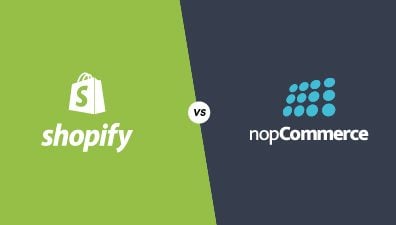In today’s digital age, having a strong online presence is essential for any business looking to succeed. One of the most effective ways to boost your online visibility is through search engine optimization (SEO). SEO helps your website rank higher in search engine results pages (SERPs), making it easier for potential customers to find you online.
When it comes to choosing a platform for your website, two popular options are Shopify and WordPress. Both platforms offer powerful SEO tools and features, but they differ in their approach to website design, functionality, and pricing. In this article, we compare Shopify SEO vs WordPress SEO to help you decide which platform is best suited for your SEO needs. We take a closer look at the pros and cons of each platform, including their technical control, design and functionality, customer support, speed, and pricing, to help you make an informed decision.
Table of Contents
Why Is SEO Important?
When you register your website on Google Search Console or Bing Webmaster, their web crawlers will scan your site’s content and add it to their database index. Your website’s position on the search results page will depend on its ranking, which is determined by the search engine’s assessment of your site. To improve your ranking, it’s important to have clear and relevant content that matches the user’s search terms. A higher ranking on the search engine results page (SERP) means more visibility and higher returns on investment (ROI).
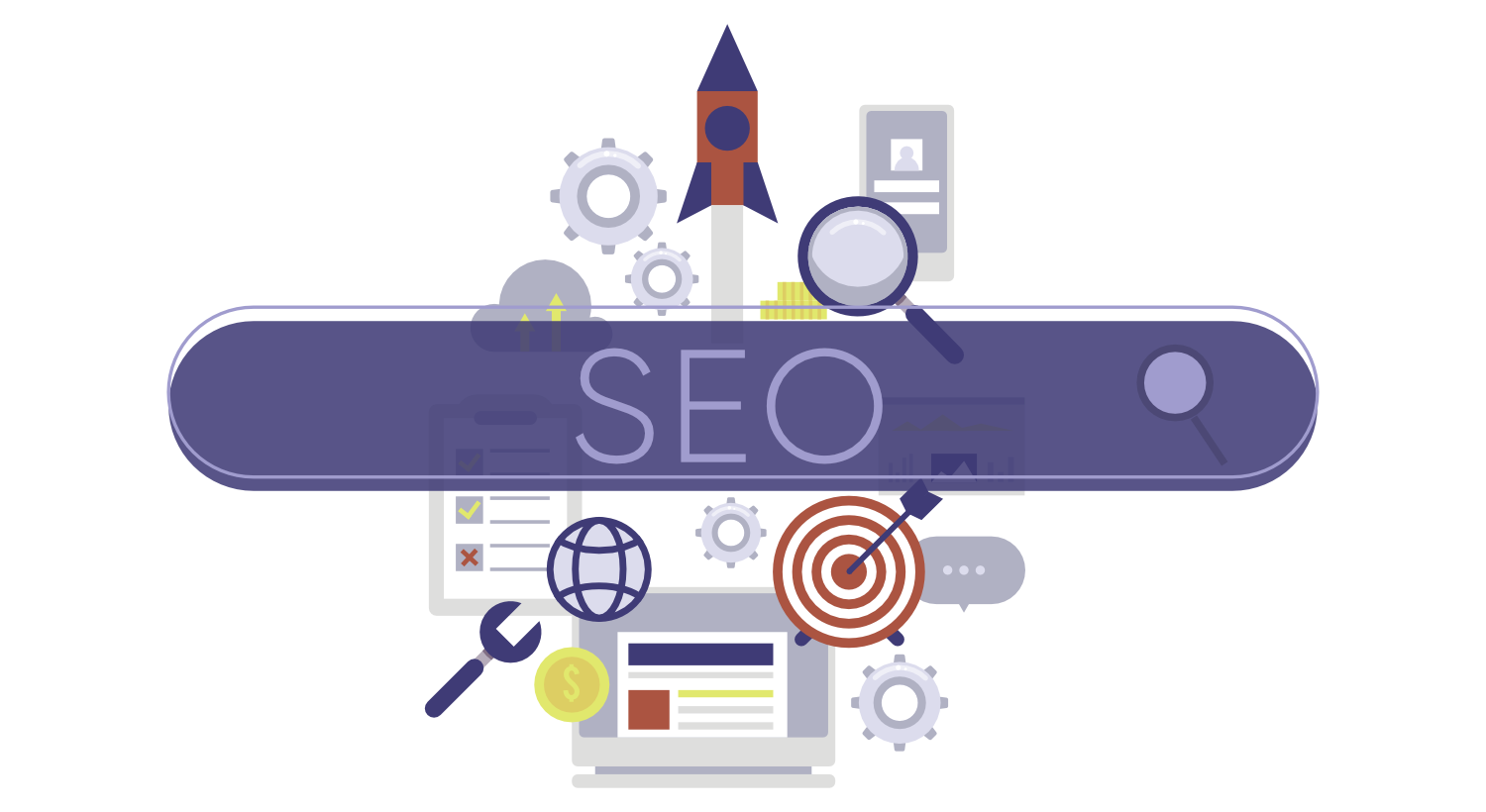
Typically, users tend to click on the first few results that appear in their search. Therefore, it’s essential to optimize your web pages for the relevant keywords to reach your target audience who are actively searching for your services.
SEO practices can help improve your website’s ranking and make it more visible to users searching for relevant keywords. While search engines are capable of organizing the content for their users, optimizing your website for the relevant keywords can improve its visibility and make it more useful to users.
Before comparing Shopify SEO vs WordPress SEO, let’s first examine their in-built SEO features.
Shopify SEO
Pros Of Shopify SEO
Built-in mobile optimization
One of the primary advantages of using Shopify is that it comes with built-in mobile optimization, which is highly valued by Google as a major ranking factor. Mobile optimization is essential for eCommerce stores that want to retain customers who predominantly view websites from their mobile devices. Shopify comes with a mobile theme architecture that automatically optimizes your store for mobile, making it instantly mobile-friendly.
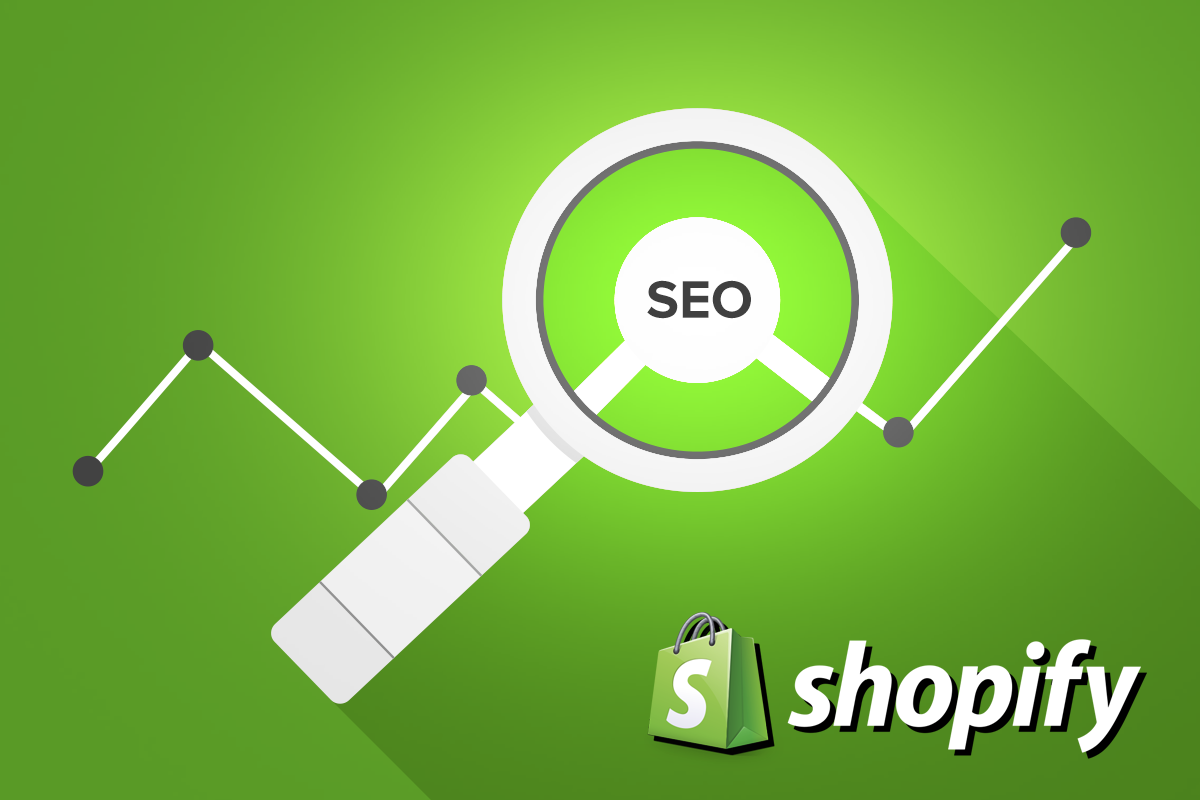
In addition, Shopify is designed to be SEO-friendly right out of the box. The platform is built to simplify most of the technical aspects of search engine optimization. While there are not many SEO features available in Shopify, all the essential ones are provided. For example, Shopify automatically generates XML sitemaps, and you can customize title descriptions and meta tags to suit your preferences.
User-friendly interface
One of the benefits of Shopify SEO is its user-friendly interface, which makes it easy for even non-technical users to optimize their online stores for search engines.
Shopify’s interface is intuitive and straightforward, which means that users can easily navigate and customize their website’s SEO settings without needing to be experts in web development or SEO. The platform offers a range of SEO tools and features, such as customizable titles and meta descriptions, canonical URLs, and sitemap.xml files, which are designed to help businesses optimize their online stores for search engines.
In addition, Shopify also offers various SEO apps that users can integrate into their online stores to enhance their SEO efforts. These apps can help with keyword research, backlink building, and on-page optimization, among other things.
Reliable hosting
Another benefit of using Shopify for SEO is its reliable hosting services. Shopify is a fully-hosted eCommerce platform, which means that the company takes care of all the technical aspects of hosting, including security, updates, and maintenance.

With Shopify, you don’t have to worry about server downtime, security breaches, or software updates, as the platform handles all of these tasks for you. This is particularly important for SEO, as website downtime and security issues can negatively impact your search engine rankings and online visibility.
Fast page load speed
Another notable benefit of using Shopify for SEO purposes is the fast page load speed. age load speed is an important ranking factor for search engines, as slow-loading websites can result in poor user experience, high bounce rates, and lower search engine rankings.
Shopify is known for its fast loading speeds and high-performance infrastructure. The platform’s hosting services are optimized for eCommerce websites, which means that they are designed to handle high-traffic volumes and large product catalogs without compromising page load speed.
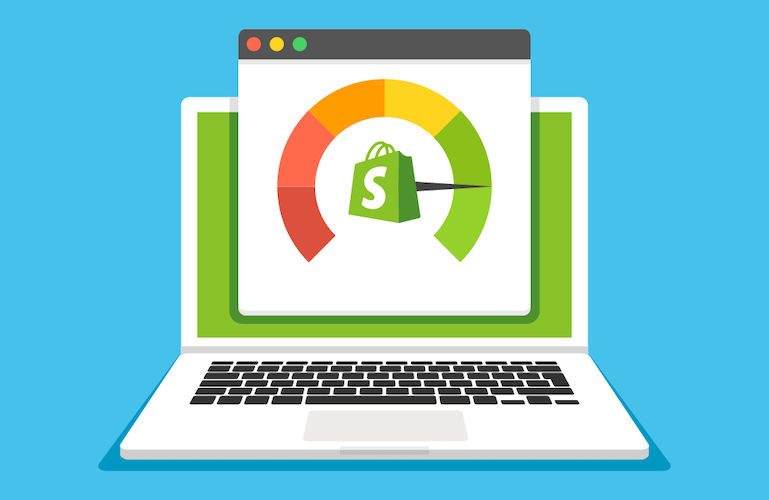
Additionally, Shopify offers a range of optimization features and tools that can help businesses further improve their website’s loading times. These include image compression, minification of CSS and JavaScript files, and content delivery networks (CDNs), which can help deliver website content more quickly and efficiently to users around the world.
By using Shopify’s fast loading speeds and optimization tools, businesses can improve their website’s user experience, increase their conversion rates, and ultimately, enhance their SEO efforts.
Cons Of Shopify SEO
Less technical customization options
While Shopify offers many benefits for SEO, one potential drawback is that the platform may limit your control over certain technical aspects of your website.
For example, while Shopify’s built-in SEO features are robust and cover many of the essentials, the platform may not provide the same level of control over more advanced SEO techniques (URL customization, schema markup, and server configuration) as a self-hosted platform like WordPress. This can be frustrating for businesses that want to implement custom SEO strategies or use more advanced SEO tools.

Additionally, while Shopify’s hosting services are reliable and fast, they may not provide the same level of flexibility and customization as a self-hosted platform. This can be limiting for businesses that require more control over server settings or want to implement custom caching and optimization techniques.
Furthermore, Shopify’s themes and templates are designed to be easy to use and user-friendly, but they may not offer the same level of design customization or flexibility as a self-hosted platform. This can be problematic for businesses that want to create a completely custom design or user interface.
Relatively limited URL customization
Another potential con of using Shopify for SEO is that the platform offers relatively limited URL customization options. While Shopify does allow businesses to customize the URL structure of their website, there are some limitations on how much control you have over the URLs.
For example, Shopify automatically generates URLs based on the page or product title, and these URLs cannot be changed without using third-party apps or making manual changes to the website’s code. Additionally, Shopify does not provide a way to remove certain parameters from URLs, which can lead to longer and more complicated URLs that may be more difficult for search engines to crawl and index.

This can be a disadvantage for businesses that require more control over their URL structure or want to implement more advanced URL optimization techniques, such as using keyword-rich URLs or creating custom redirects. While there are workarounds and third-party apps available to address these issues, they may not provide the same level of control and flexibility as a self-hosted platform.
Limited blogging functionality
While Shopify does include a built-in blogging platform, it is not as powerful or flexible as other content management systems like WordPress.
For example, Shopify’s blogging platform has a limited set of features, such as a basic text editor and limited formatting options. Additionally, Shopify’s blogging platform does not support plugins or third-party tools that can help businesses optimize their blog content for search engines.
Costlier
Shopify is more expensive compared to WooCommerce. The basic package for Shopify costs $29/month. Even though Shopify is simpler to use, the additional cost may not be justified.
WordPress SEO
Pros of WordPress SEO
SEO-focused Codebase
One of the benefits of using WordPress for SEO is that it provides a highly customizable and SEO-focused codebase. WordPress is built with clean, semantically-structured code that is easy for search engines to crawl and index.
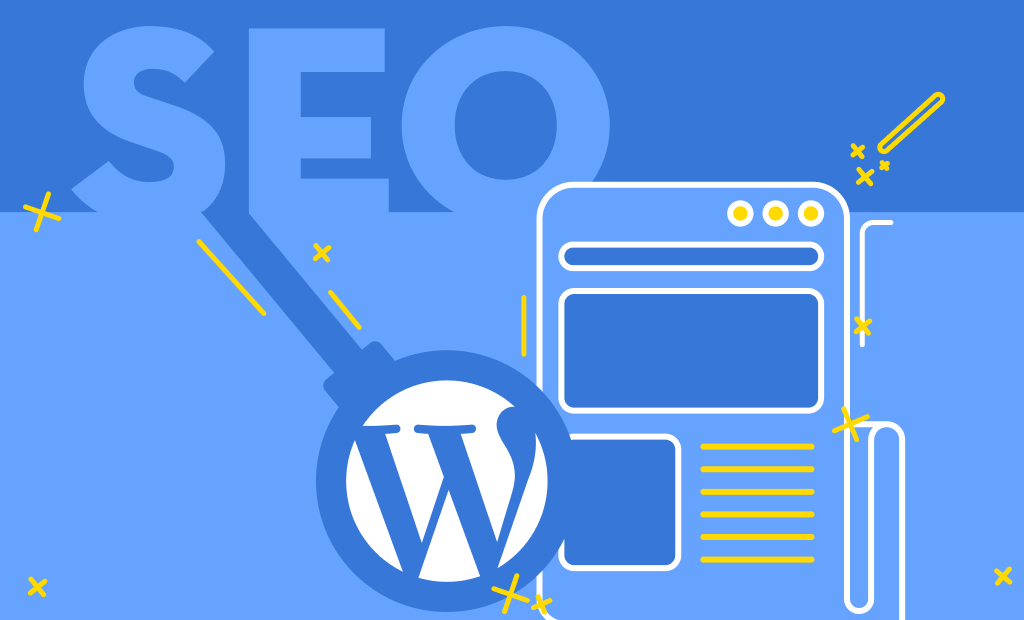
Furthermore, WordPress makes it easy to implement advanced SEO strategies such as schema markup, which helps search engines better understand the content on a website and can lead to higher rankings in search results. With WordPress, businesses can easily add schema markup to their website using plugins or custom code.
Strong blogging support
WordPress was originally created as a blogging platform and has since evolved into a full-fledged content management system. This means that WordPress is optimized for content creation, including blogging.
WordPress provides a user-friendly and feature-rich blogging platform that allows businesses to easily create, publish, and manage blog content. The platform includes a range of formatting options, media embedding, and other features that make it easy to create engaging and SEO-friendly blog posts.

Additionally, WordPress provides a wide range of plugins and tools that can help businesses optimize their blog content for search engines. These tools include plugins for adding meta descriptions, title tags, and other important SEO elements to blog posts, as well as plugins for generating sitemaps and other important SEO-related tasks.
Stylish, specially-designed themes WooThemes
WordPress offers a variety of mobile-responsive themes that are specifically designed for the platform. With a vast selection to choose from, users have endless design options. Additionally, since these themes are compatible with WooCommerce stores, users have even more options to customize their website’s design.
Many SEO plugins
Using WordPress and WooCommerce provides access to a wide range of SEO plugins, which can be highly beneficial. One example is the Yoast SEO plugin, which is a powerful optimization tool that can be quickly integrated into your website’s design. This tool allows for easy customization of elements such as names, images, meta details, servers, and image compression.
Cons of WordPress SEO
Experts Needed
One of the potential drawbacks of using WordPress SEO is that it may require experts to optimize your website effectively. While many SEO plugins for WordPress offer user-friendly interfaces and step-by-step guides, optimizing your website for search engines can still be a complex process that requires knowledge and experience.
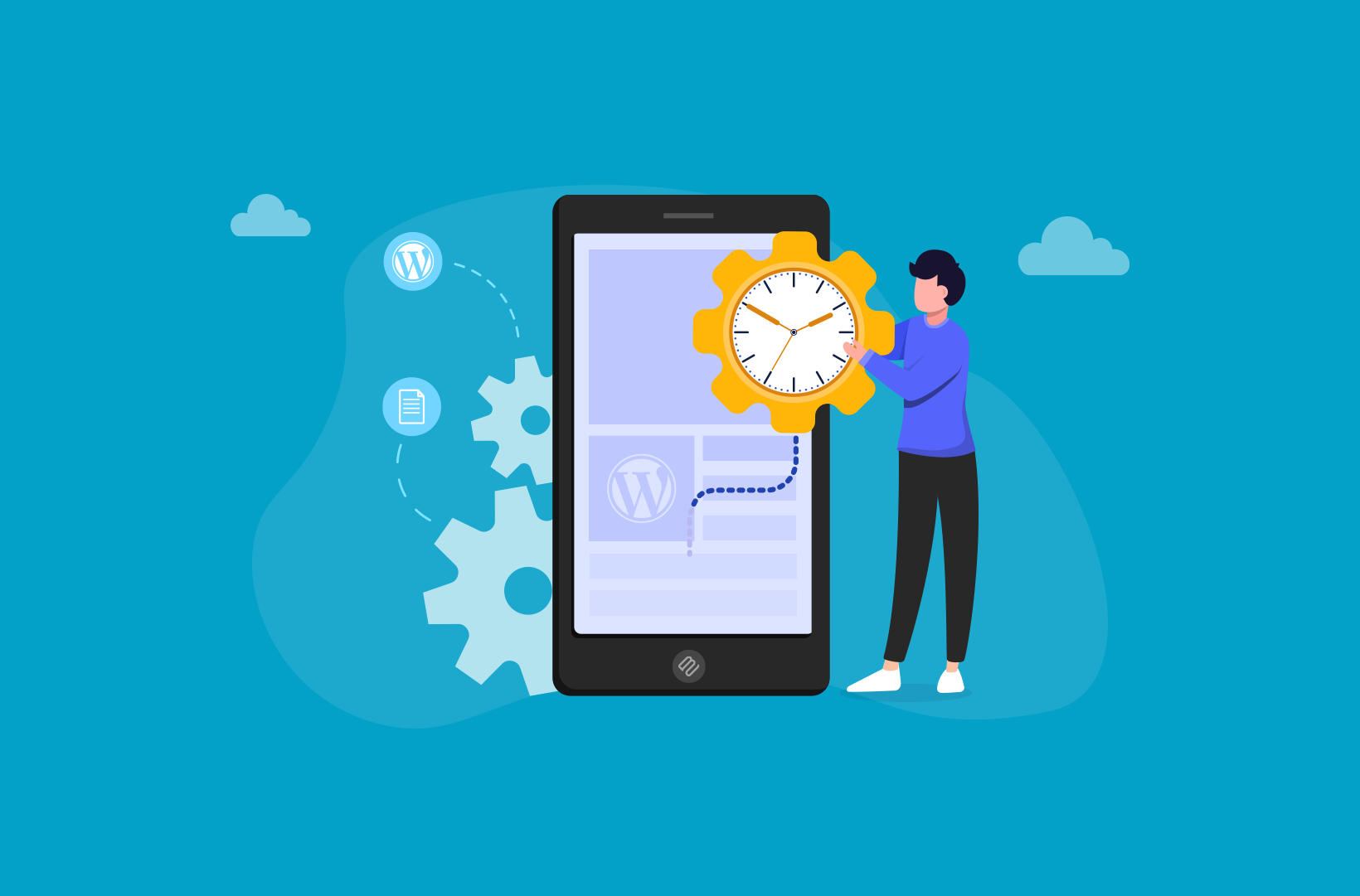
Some of the specific areas where experts may be needed include:
- Keyword research: Identifying the right keywords to target can be a challenge and may require some research and analysis.
- Content optimization: While some SEO plugins offer content analysis and optimization suggestions, optimizing your content for search engines may still require some manual effort.
- Technical SEO: Some aspects of SEO, such as website structure and technical optimization, may require experts.
- Analytics: To effectively track and analyze your website’s performance, you may need to set up and use tools such as Google Analytics, which can require some experts.
Lack of Customer Support
One of the potential drawbacks of using WordPress SEO is that you may receive a lack of customer support compared to other platforms. While WordPress is a popular and widely-used platform, it is open-source software, which means that there is no centralized customer support team available to assist users.
If you encounter any issues or problems with your WordPress SEO implementation, you will need to rely on online resources, such as forums or community support groups, to find a solution. While these resources can be helpful, they may not provide the same level of support and guidance as a dedicated customer support team.

However, many WordPress SEO plugins and themes do offer documentation and support resources, such as FAQs, forums, and online chat support. Additionally, there are many independent companies and consultants who specialize in WordPress SEO and can provide support and assistance if needed.
Slow Speed
Compared to Shopify, WordPress is generally slower due to factors such as Shopify’s optimized server architecture and simplified code. The speed of your WooCommerce storefront, which is built on WordPress, can be influenced by various factors such as server health, image compression, database optimization, and the use of site plugins.
Final Take: Shopify SEO vs WordPress SEO
There are several factors to consider when choosing the right CMS for your SEO requirements, including performance, functionality, pricing, and ease of use. Each platform has its own advantages. For example, Shopify may be a suitable choice for website owners who want to set up an eCommerce storefront without needing to have coding expertise. The platform comes with built-in SEO optimization, requiring minimal optimization efforts.
Shopify SEO vs WordPress SEO offer user-friendly interfaces, but WordPress provides much more customization options that allow users to extend the functionality of their sites. This makes WordPress an excellent option for website owners who desire a unique website design and complete control over their site’s functionality.

In terms of performance, Shopify is faster than WordPress due to its simpler design. However, this simplicity comes at a higher cost, as Shopify is more expensive than WordPress. Shopify packages can range from $29 to $299/month depending on your requirements, while WordPress is free to use for basic features. More advanced features on WordPress packages range from $4 to $45/month.
Both Shopify and WordPress are excellent options for SEO requirements. If you are looking for a CMS that offers high speeds and a straightforward interface to boost your search engine rankings, Shopify may be the better option. On the other hand, WordPress is a popular choice for website owners who require significant SEO customization and a more affordable pricing structure.
In conclusion,
when it comes to choosing the right CMS for SEO, both Shopify, and WordPress have their own unique strengths and weaknesses. Shopify offers a user-friendly interface and automatic SEO optimization, making it a good choice for eCommerce storefronts. On the other hand, WordPress offers extensive customization options, making it an excellent option for those seeking complete control over their site’s design and functionality.
In terms of pricing, WordPress is the more affordable option, with a free basic version and reasonably priced packages for more advanced features. Shopify, on the other hand, can be more costly, with packages ranging from $29 to $299 per month.
The choice between Shopify SEO vs WordPress SEO depends on the specific needs of the website owner. If speed and simplicity are a top priority, Shopify may be the better option. But for those who require more extensive customization options and a more affordable pricing structure, WordPress is the way to go. By considering the technical control, design and functionality, and pricing factors, website owners can make an informed decision and choose the CMS that best meets their SEO needs.
As a Shopify merchant, if you want to develop your Shopify store, we provide the most cost-effective website development services that satisfy all of your requirements. Reach out to our experts if you have any questions by clicking the button below.



